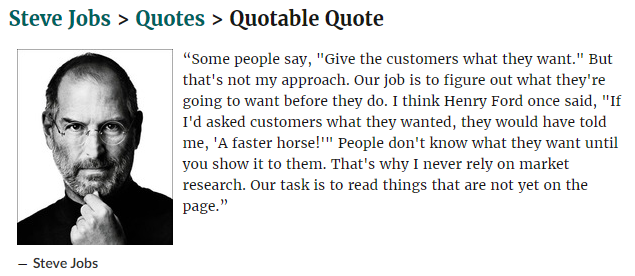I recently read an interesting book on dominance: how to achieve it, how to maintain it. It suggests that every market is composed of three kinds of stakeholders: interchangables, influentials, and essentials. With regard to the original question of this thread, I think it’s interesting to try to see how the MQA marketplace breaks down along those lines.
Interchangables are stakeholders without much agency, which would probably include most who listen to music and most musicians themselves. No matter how much MQA Ltd. would appeal to them, there wouldn’t be much they could do about it. So, don’t bother marketing to them. The second group, influentials, are those who would have more, um, influence, and who might put pressure on, or even be part of, the third group, the essentials, who would be those required for market dominance. You have to have the essentials, and you want as many as you can get of the influentials, to join your coalition (adopt your product), in order for it to win out.
So, who would be the essentials for MQA? Well, first off, you have to have music to MQA-ize. So you’d need the people who have music, or have control over music, the record companies. And probably not just 2L, either. So Sony or Warner Music would be essential. But you also need a delivery format, and both physical media and downloads are almost dead. So you need a streaming company, like TIDAL.
And you need some way for the folks who listen to music to use your format, so you need some equipment manufacturers. Here’s where the influentials come in. Some of them would be audiophile reviewers and columnists and bloggers, who would announce the new format and inspire audiophiles everywhere to query their equipment provider about when they would be supporting the new format. If the influentials whip up enough interest, this could quickly become the “most requested” feature for manufacturers, even if the requesters don’t exactly know what it is they’re asking for, and even if the manufacturers are lukewarm about it. And it gives the manufacturers a new feature to flog in their advertising, just when chip-ification of DACs was making it so anyone could make one. I can see the appeal.
The manufacturers, by providing MQA support, would join the crowd of influentials on the side of MQA, as well, as the inclusion of the feature would drive feedback back to the streaming sites and music companies for more music in this format. Meanwhile, the MQA folks would seek to increase the size of that faction by pushing MQA capabilities further upstream, in this case to chips. We know the latest ESS chips do MQA internally, and we know from iFi that complete MQA decoding can be done with the latest XMOS XU216 16-core chip. This lowers the costs for manufacturers to include the capability, and makes it easier (lower-cost) for mass-market equipment to include it.
The authors of the book are accused by the Guardian review of “galactic cynicism”, mainly because they think everything involves money or its alternate forms, prestige and/or power, and very little if any of it involves the common good. They do emphasize that loyalty of the essentials is, um, essential, and that the company would best do that by keeping them fat and happy. This would imply payments or some other deals to those supporters.
So who am I missing in this analysis?
